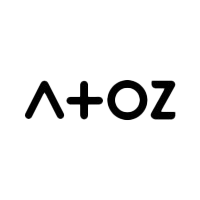Understanding User Needs

When embarking on the development of a workout tracking app, the first step is to comprehensively understand the needs and goals of your potential users. This understanding will shape the functionality and features of the app, making it truly responsive to user requirements.
User research is imperative in this phase. Engaging with fitness enthusiasts, gym-goers, and sports players can provide you with valuable insights into what features they desire in a tracking app, from basic workout logs to detailed analytics. Feedback from early prototypes can be instrumental in refining the user interface and experience. Simple navigation, visually appealing design, and intuitive controls are crucial for positive user engagement.



















